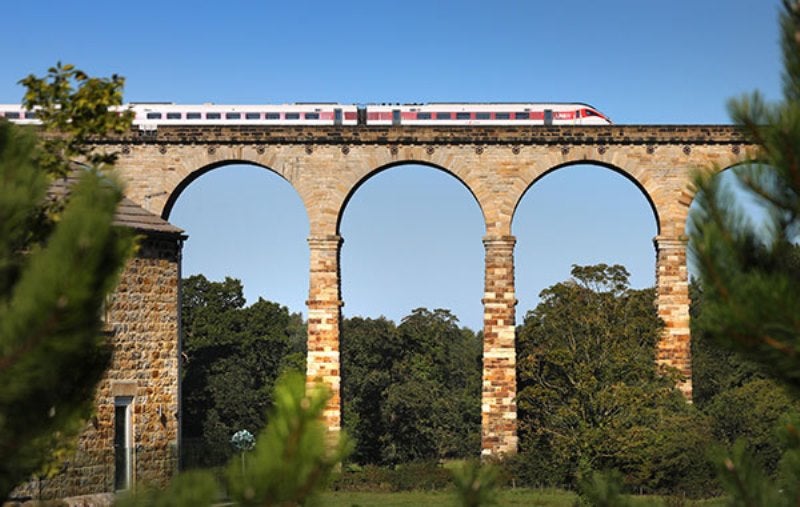
London North Eastern Railway (LNER) in the UK has unveiled plans to introduce Azuma train services on the line between Harrogate and London King’s Cross.
Harrogate will receive five additional services starting 15 December, the train operator said.
The trains will depart at 09:36, 11:36, 13:36, 15:36 and 17:36 from Harrogate and at 07:33, 09:33, 11:33, 13:33 and 15:33 from London King’s Cross on weekdays.
LNER managing director David Horne said: “Harrogate is an incredibly important destination for LNER, so we are delighted to be creating significantly more opportunities for business travellers, tourists and international visitors to make Harrogate an even more attractive and accessible destination.
“From visiting the world-famous Harrogate Spa, RHS Harlow Carr gardens, the ever-popular tea rooms or an outdoors walk through areas of outstanding natural beauty, Harrogate and the surrounding North Yorkshire countryside offers a great range of attractions. We are excited to be launching these revolutionary new Azuma services to help bring many more people to the town.”
In May, the first Azuma train entered service between London King’s Cross and Leeds.

US Tariffs are shifting - will you react or anticipate?
Don’t let policy changes catch you off guard. Stay proactive with real-time data and expert analysis.
By GlobalDataThe new Azuma trains will increase the number of services to Harrogate to six per day in each direction.
Furthermore, British train operator will introduce two services to Horsforth from mid-December.
The first-class section of the train features larger tables and reclining seats, with USB and plug sockets at every seat. The standard seats also feature legroom to ensure a comfortable journey.
The trains are fitted with a traffic light seat reservation system, as well as fast Wi-Fi services.
The Azuma trains use overhead electric wires for most routes and use diesel power for non-electrified sections.
Azuma trains are also quieter compared to the existing fleet. They also emit lower air pollutants and cause less noise pollution.



